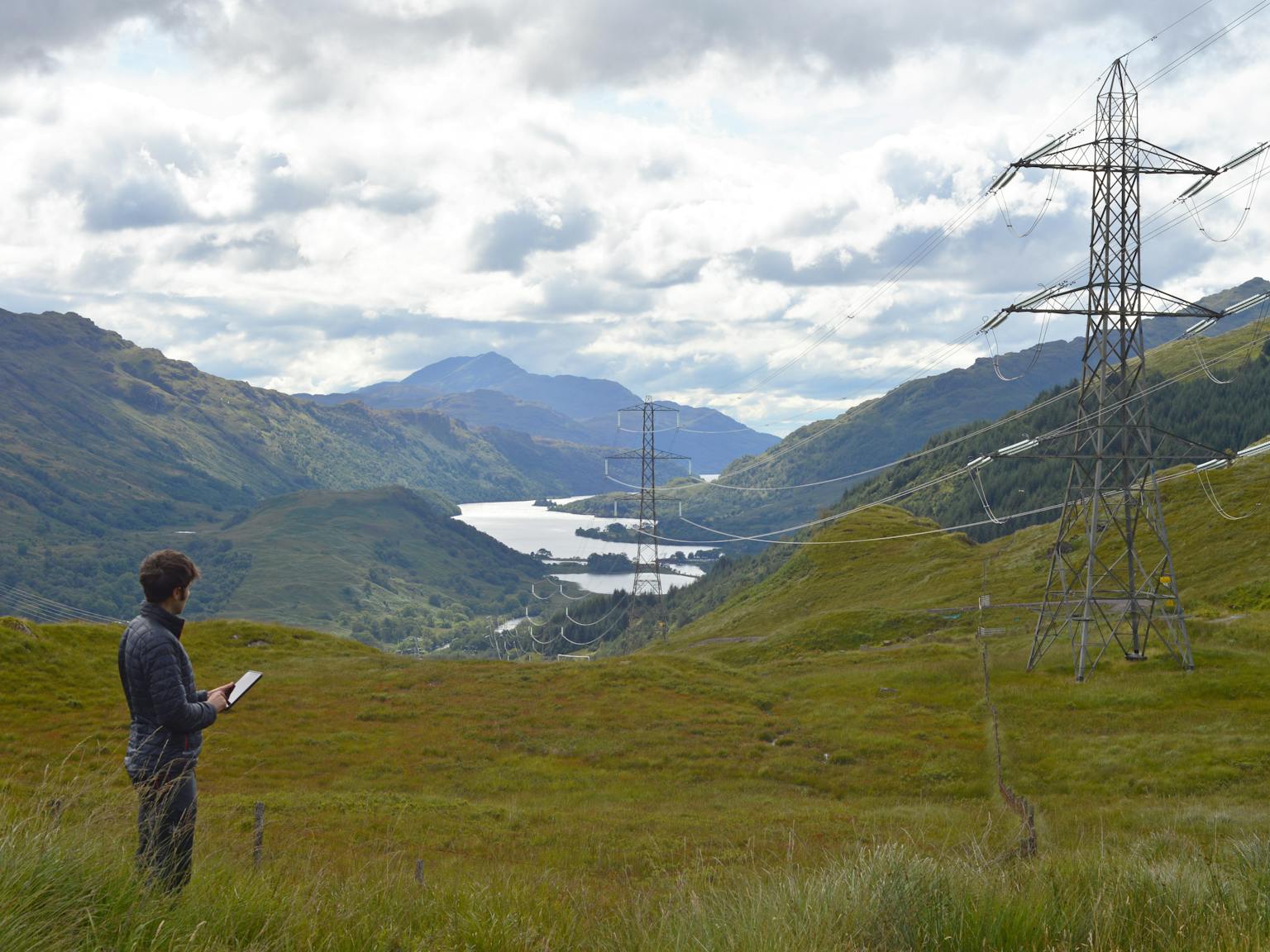
Walking the walk: reducing LUC’s carbon footprint
Alongside advising our clients on climate change adaption and mitigation, we’re reducing our own carbon footprint.
As a signatory to the Pledge to Net Zero (PNZ) campaign, LUC analyses its own carbon footprint (monitored since 2010) and set a baseline year and science-based reduction target in its directly-controllable sources.
We chose 2018 as the baseline year, and set a suitable science-based target. A decision was also made by the LUC board to offset the carbon that it is not able to eliminate, starting in 2021.
2020 was unsurprisingly an unusual year for carbon emissions but it does shine a light on what emissions reductions are possible in these extreme circumstances. Nonetheless, we saw a significant reduction in PNZ carbon footprint from 2018 to 2019 though, despite the 20% rise in employee numbers from 2018 to 2019.
Key initiatives that have given benefits
- Only one office now has natural gas for space heating and hot water. The gas contract for this office is now with a green gas (biomethane) supplier.
- Switching to 100% renewable electricity wherever the purchasing was our responsibility and refurbishing two offices with energy-efficient appliances.
- An employee survey gave us a clear insight into the travel impacts of commuting (under pre-pandemic circumstances). It helped us understand how post-pandemic commuting patterns will look.
- A halt on mainland UK flights in favour of other lower-carbon modes of transport, which would lead to a reduction of around 10 tonnes CO per annum.
There are two sources that are currently outside of scope for both PNZ and overall carbon footprint:
- additional energy use for home working
- food and drink in the office
While the latter is still justified for exclusion, the former is being investigated more closely. LUC has committed to bringing that source within scope within the next two years.
Regarding Scope 3 carbon sources that are outside the PNZ but within the overall carbon footprint, LUC has given free carbon footprinting advice to Wanstor to aid their pursuit of ISO 14001 and 50001 certifications.
The benefit to LUC is expected to be a clearer carbon footprint value for this important carbon source.










